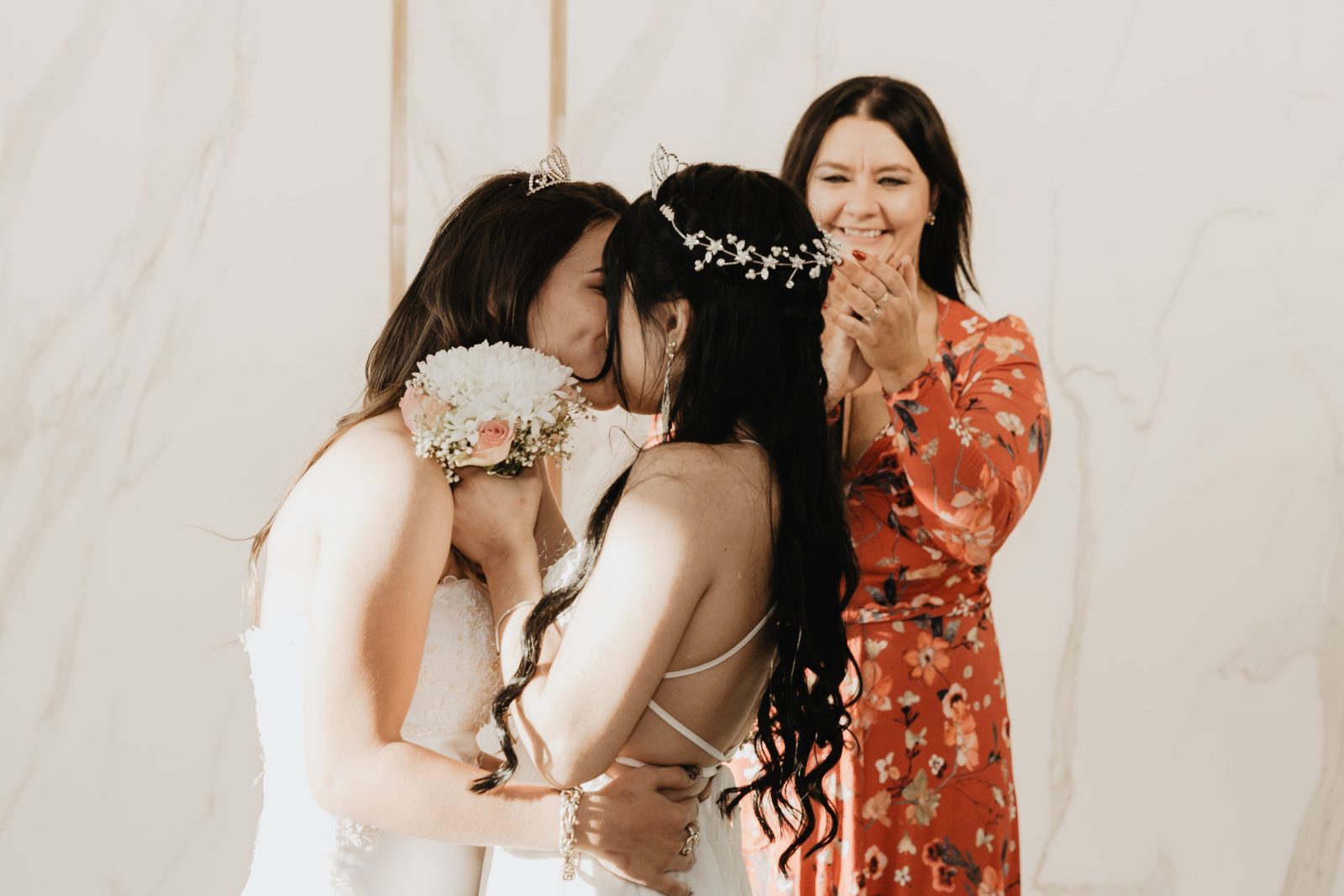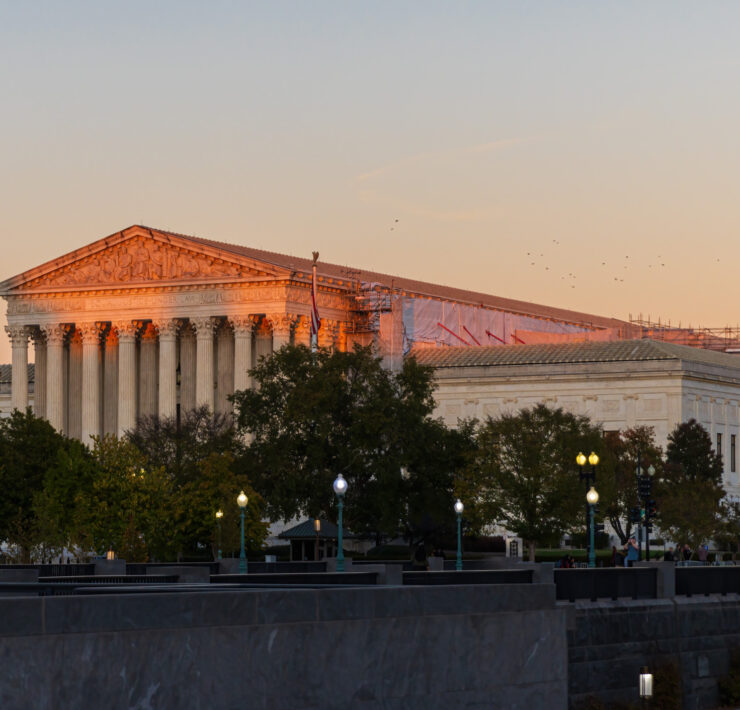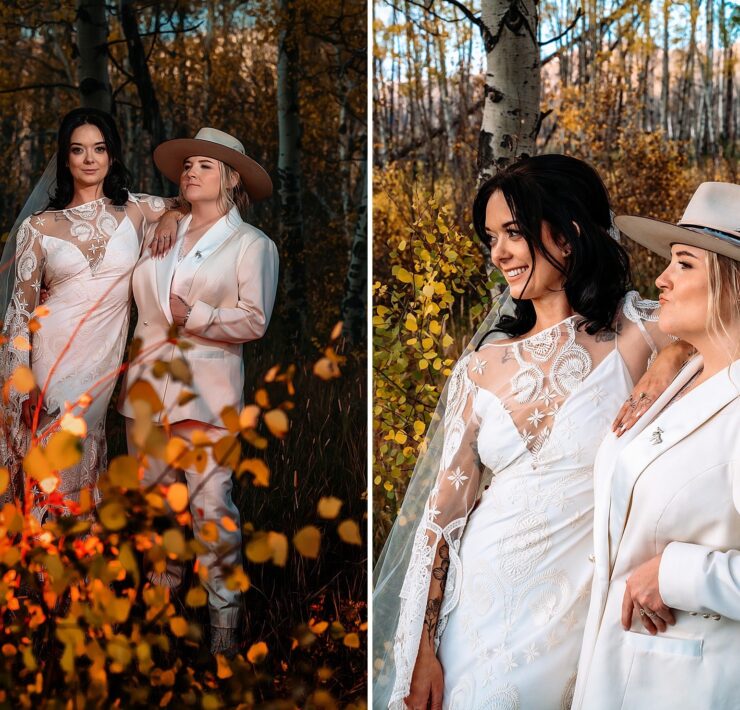OFM Explains: SCOTUS Ruling on 303 Creative v. Elenis

Ray has with OUT FRONT Magazine since February of 2020.…
The Supreme Court ruled in favor of Colorado web designer Lorie Smith, who refused to create wedding websites for same-gender couples. Smith owns and operates 303 Creative, a web design business based out of Denver Colorado which specializes in the creation of wedding websites for couples.
The court ruled 6-3 with Justices Sonia Sotomayor, Elena Kagan, and Ketanji Brown Jackson dissenting. The Justices argued that Smith’s first amendment rights shield her business from “speaking against their conscience.” Smith claimed that her religious beliefs prohibit her from recognizing same-gender marriages. Justice Neil Gorsuch wrote for the court’s conservative majority: “Colorado seeks to force an individual to speak in ways that align with its views but defy her conscience about a matter of major significance.”
Legal experts and LGBTQ advocates claim the ruling doesn’t grant businesses a general license to turn away queer clients. Instead, it creates a carve-out for business owners creating and selling art to reject specific commissions against their “conscience.” Advocates and legal experts have raised concerns about how this ruling could lead to the further chipping away of civil rights and anti-discrimination protections not just for the LGBTQ community, but for minorities of race and religion too.
In her dissent, Sotomayor called the majority’s interpretation of the First Amendment “profoundly wrong.”
“Today, the Court, for the first time in its history, grants a business open to the public a constitutional right to refuse to serve members of a protected class,” Sotomayor wrote.
Unlike similar cases where businesses have attempted to deny service to the LGBTQ community and were subsequently sued, in this case, Smith sued the state of Colorado, claiming that the state’s updated anti-discrimination act of 2022 infringed on her religious freedom to discriminate against same-gender couples. Smith had expressed a desire to post a notice on the 303 Creative website notifying potential clients that she would not create wedding websites for same-gender couples.
The Colorado Civil Rights Division argued that businesses serving the public can’t choose to deny service to a group of people who are part of a protected class, including LGBTQ couples, and that Smith needed to serve all customers, regardless of their sexual orientation. Elenis in the case is Aubrey Elenis, director of the Colorado Civil Rights Division, who was sued in her professional capacity and listed first. Members of the civil rights commission were also named in the complaint, as was State Attorney General Phil Weiser. The commissioners are tasked with enforcing Colorado’s anti-discrimination act, which says that a person cannot be treated differently because of sexual orientation or gender identity.
Representative Brianna Titone today released the following statement in response to the U.S. Supreme Court ruling:
“The decision by the Supreme Court undermines Colorado’s anti-discrimination protections, directly attacks the rights of LGBTQ Americans, and allows businesses to deny services based on ‘First Amendment’ grounds to anyone due to their gender, race, religion, or who they love. Colorado Democrats will continue to fight for your freedoms and stand up against discrimination, bigotry, and violence against the LGBTQ community.”
What's Your Reaction?
Ray has with OUT FRONT Magazine since February of 2020. He has written over 300 articles as OFM's Breaking News Reporter, and also serves as our Associate Editor. He is a recent graduate from MSU Denver and identifies as a trans man.










